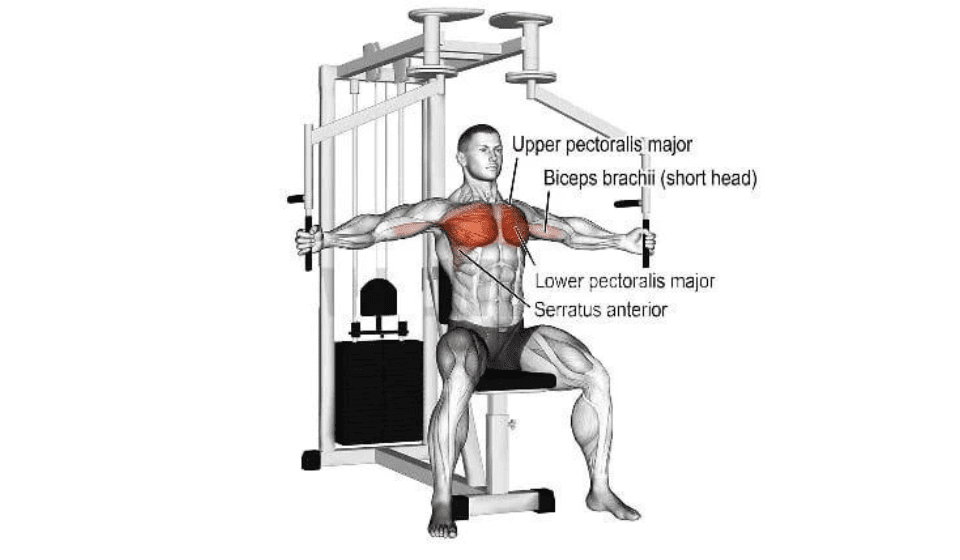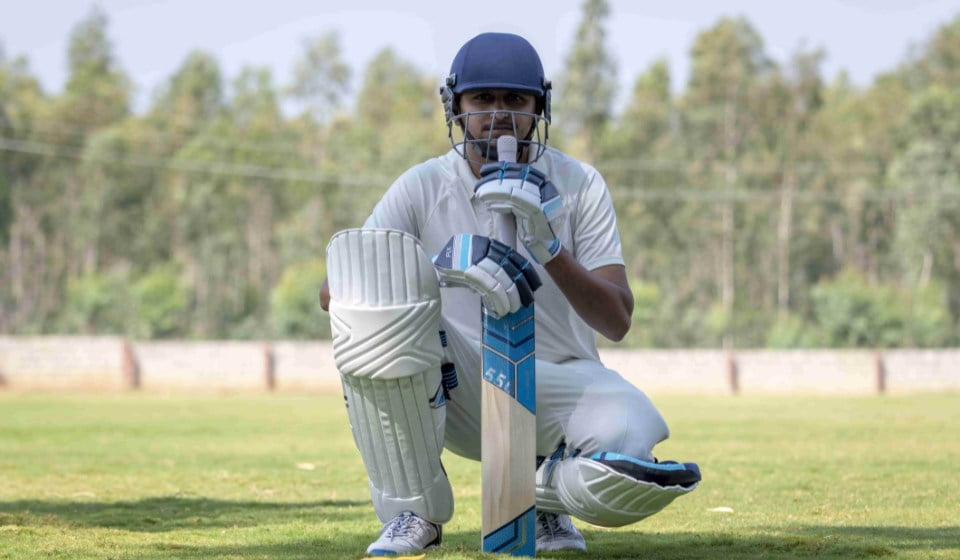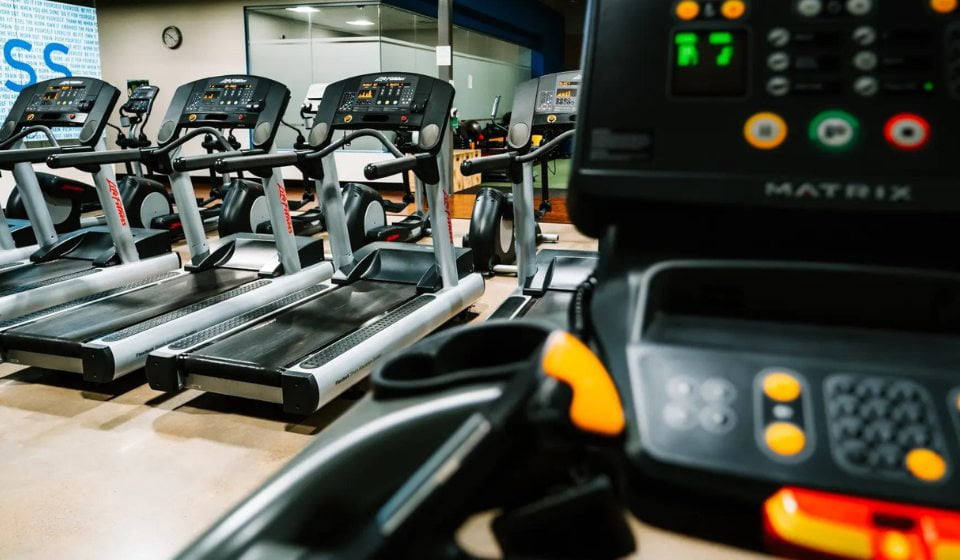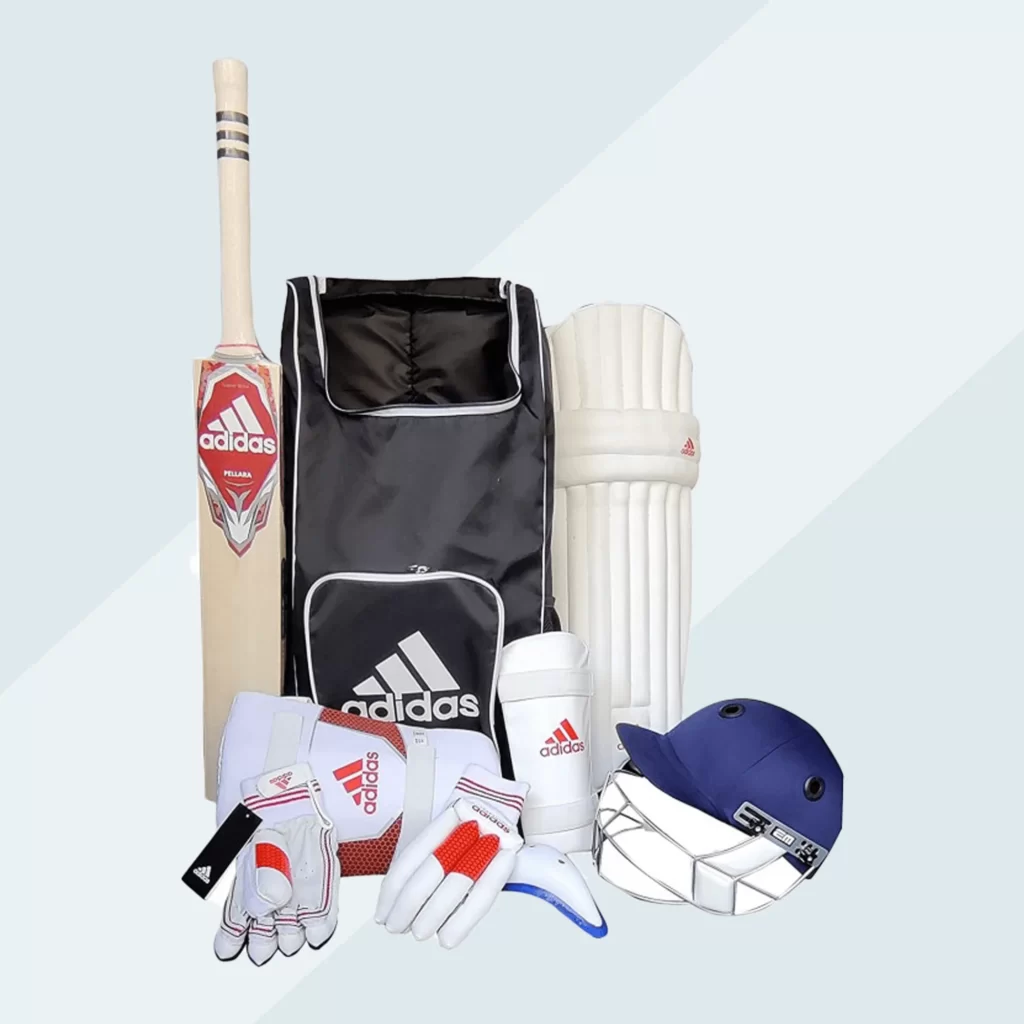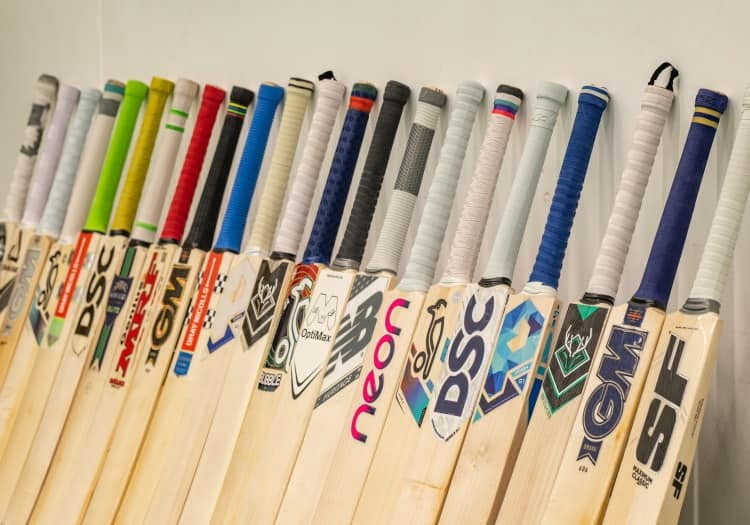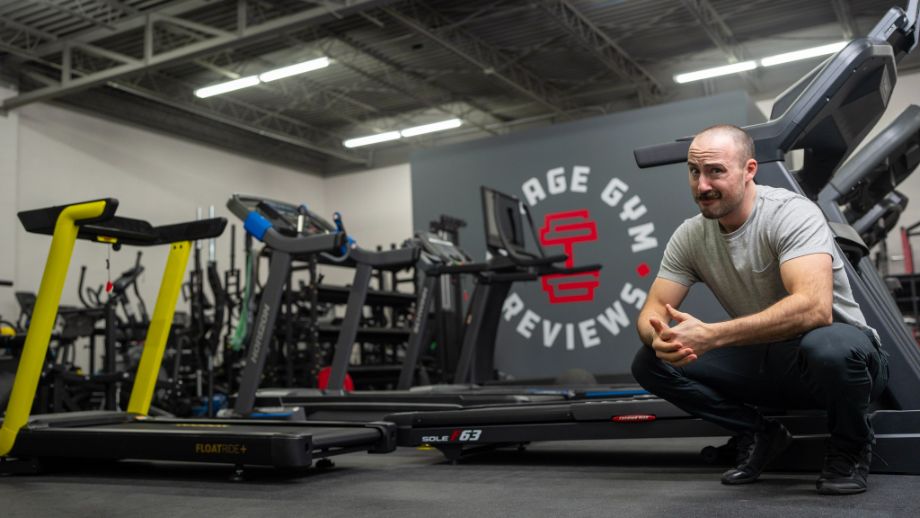Professional Footbaal Trial Sleep Duration – keysportswear

PROFESSIONAL FOOTBALL TRIAL SLEEP DURATION

Aspiring athletes get an important opportunity to showcase their skills at professional football trials and secure a place on a competitive team. Being successful in football trials requires not only skill and determination, but also adequate preparation, of which sleep duration is important. We’ll discuss the importance of sleep before a professional football trial, explore the right sleep duration and give important tips to ensure you’re well-rested and ready to give your best performance.
Importance of sleep for football

Sleep is an important part of athletic performance, and it’s important in soccer tryouts. Adequate sleep is needed for several reasons:
Body repair: At night your body undergoes important rebuilding and repair processes. Muscles are rejuvenated and energy stores are replenished. This prepares you physically for the demands of football trials.
Mental alertness: Sleep is important for both concentration and cognitive function. Football requires alertness and quick decisions, which come from a well-rested mind.
Reducing the risk of injury: Fatigue and lack of sleep can increase the risk of injury. A tired body is less balanced, which increases the risk of stress and accidents.
Emotional stability: Sleep is also important in emotional stability. A good night’s sleep can help control your anxiety and nervousness, keeping you in the right mental state.
Optimal sleep duration for professional football tests
Now that we understand the importance of sleep, let’s learn about the ideal sleep duration before your professional soccer test. While each person’s sleep needs may vary, a general guideline is to get 7 to 9 hours of quality sleep each night. Here’s the reason this limit is necessary:
- Restorative sleep: 7-9 hours of sleep gives your body enough time to perform multiple sleep cycles, such as deep restorative sleep. These steps are necessary for mental and physical improvement.
- Performance Improvement: Found that athletes who consistently got 7 to 9 hours of sleep performed better in speed, accuracy, and endurance.
- Recovery from practice: If you’re preparing for an intense soccer test, adequate sleep is even more important. During sleep your body regenerates and strengthens the muscles developed during training.
- Psychological clarity: Sleep is important for memory and learning. Getting enough sleep before the test can help you retain the strategies, tactics, and guidelines given by your coach.
Key Tips for Optimal Sleep
- Get into the habit of sleeping regularly: Go to bed and wake up at the same time every day, even on weekends. It affects your body’s internal clock.
- Create a relaxing bedtime routine: Do calming things, like reading or meditating, before bed to give your body time to wind down.
- Limit screen time: The blue light from screens can keep you from sleeping. Stay away from screens for an hour before sleeping.
- Pay attention to your eating habits: Avoid heavy meals, alcohol, and caffeine before bed, as these can disrupt your sleep.
- Create a comfortable environment for sleep: Your bedroom should be dark, quiet, and at a comfortable temperature.
- Control stress: If you’re feeling sleepy the night before the test, consider relaxation measures such as deep breathing exercises or yoga.





